Laverne Cox on Promising Young Woman, consent and #MeToo’s transgender blind spot
"Consent is not just an issue in heterosexual relationships."
By Will Stroude
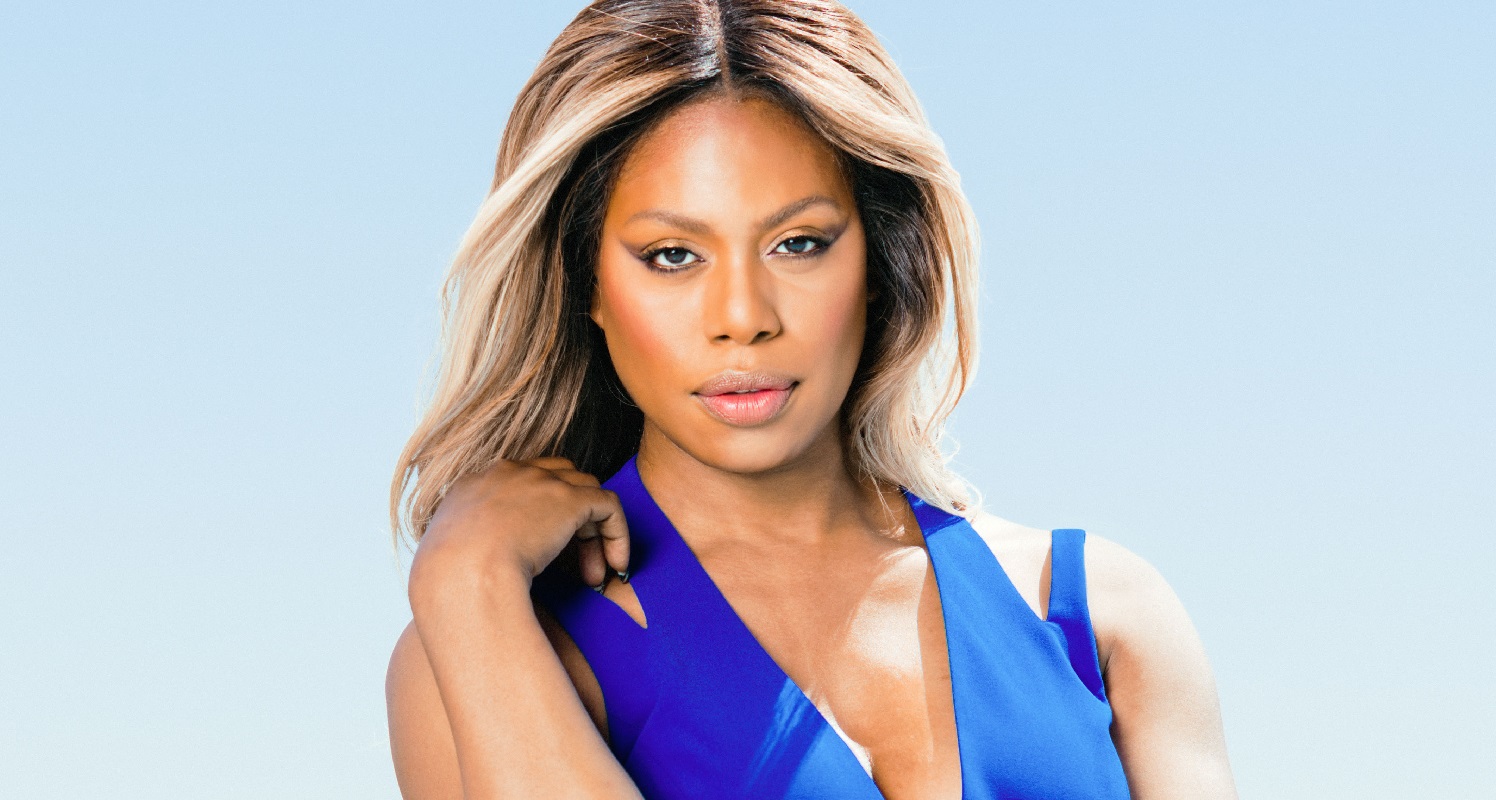
Words: Will Stroude
When Laverne Cox famously adorned the cover of TIME magazine in 2014, the publication declared that the US had reached a ‘transgender tipping point’.
While the scales of on-screen trans representation and social equality have continued to sway erratically both in the States and across the world in the ensuing seven years, Cox, 48, has continued to blaze a trail a far beyond the confines of Orange Is the New Black’s Litchfield Penitentiary, where she made her name as straight-talking Sophia Burset.
The actor’s latest role in Promising Young Woman – the searing, subversive debut film from writer/director Emerald Fennell (recognisable to many as The Crown‘s Camilla Parker-Bowles) – marks another quiet but powerfully progressive step in trans representation on screen in a post-Disclosure world.
The film – which has been nominated for five Oscars at this month’s Academy Awards (including Best Actress and Best Director nods for Carey Mulligan and Fennell respectively) – tells the story of vengeful former medical student Cassie (Mulligan), who spends her nights pretending to be drunk before turning the tables on the ‘nice guys’ who attempt to take advantage.
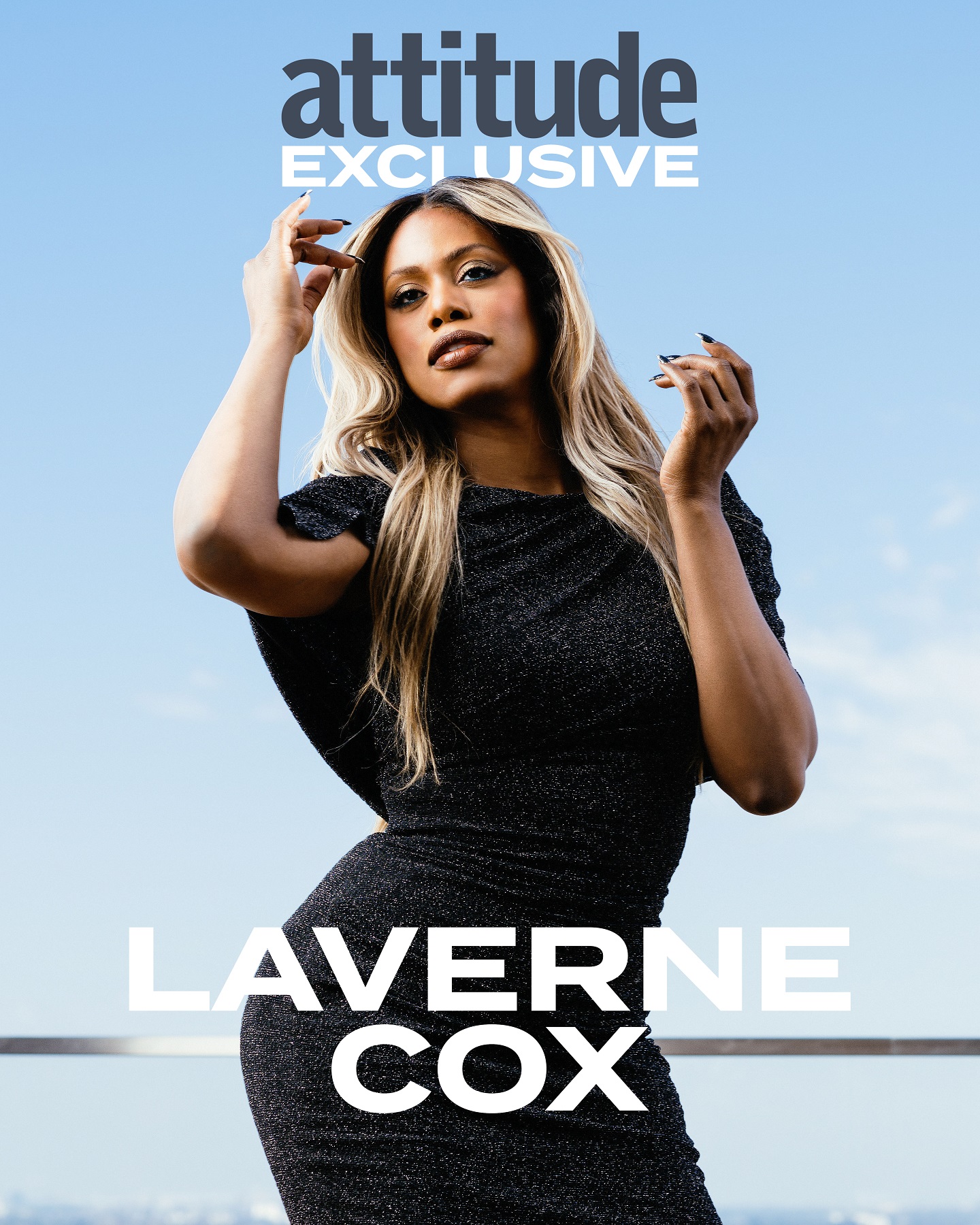
Photography: Jeff Vespa
The casting of Cox as Cassie’s plainspoken friend and boss Gail is striking given the complete lack of reference to Gail’s gender identity in the script: Cis-gender or transgender, Cox’s vibrant portrayal of Gail is a refeshing and long-overdue leap forward in an industry where LGBTQ performers still struggle to break free from executive pigeon-holing.
When Attitude catches up with Cox to discuss the film in early 2021, it’s just a few weeks after the screen star courageously took to social media to reveal she had been the victim of a transphobic attack carried out by a man in broad daylight in Los Angeles.
As Promising Young Woman‘s rage-filled exploration of violence against women and the system which upholds it continues to rack up column inches ahead of next weekend’s Academy Awards, Cox speaks forcefully about consent in the LGBTQ community, the #MeToo movement’s failure to centre trans voices despite an epidemic of violence against trans women of colour, and why it feels liberating to no longer be defined by her “trans-ness” on screen…
How did your involvement in Promising Young Woman come about?
I’m so grateful to be a part of this film. I got the script a couple of years ago now at this point and I was getting a bunch of scripts at the time so I sort of skimmed it, and I was skimming it and I was like ‘Wait, what?! Whoah. What is going on?!’ I had to go back and just really take it in. I read it in about 90 minutes and I was just floored by it. I immediately emailed my agent and manager and said ‘I have to be involved in this film – like I have to. This is brilliant and exactly the kind of work I want to be involved in.’
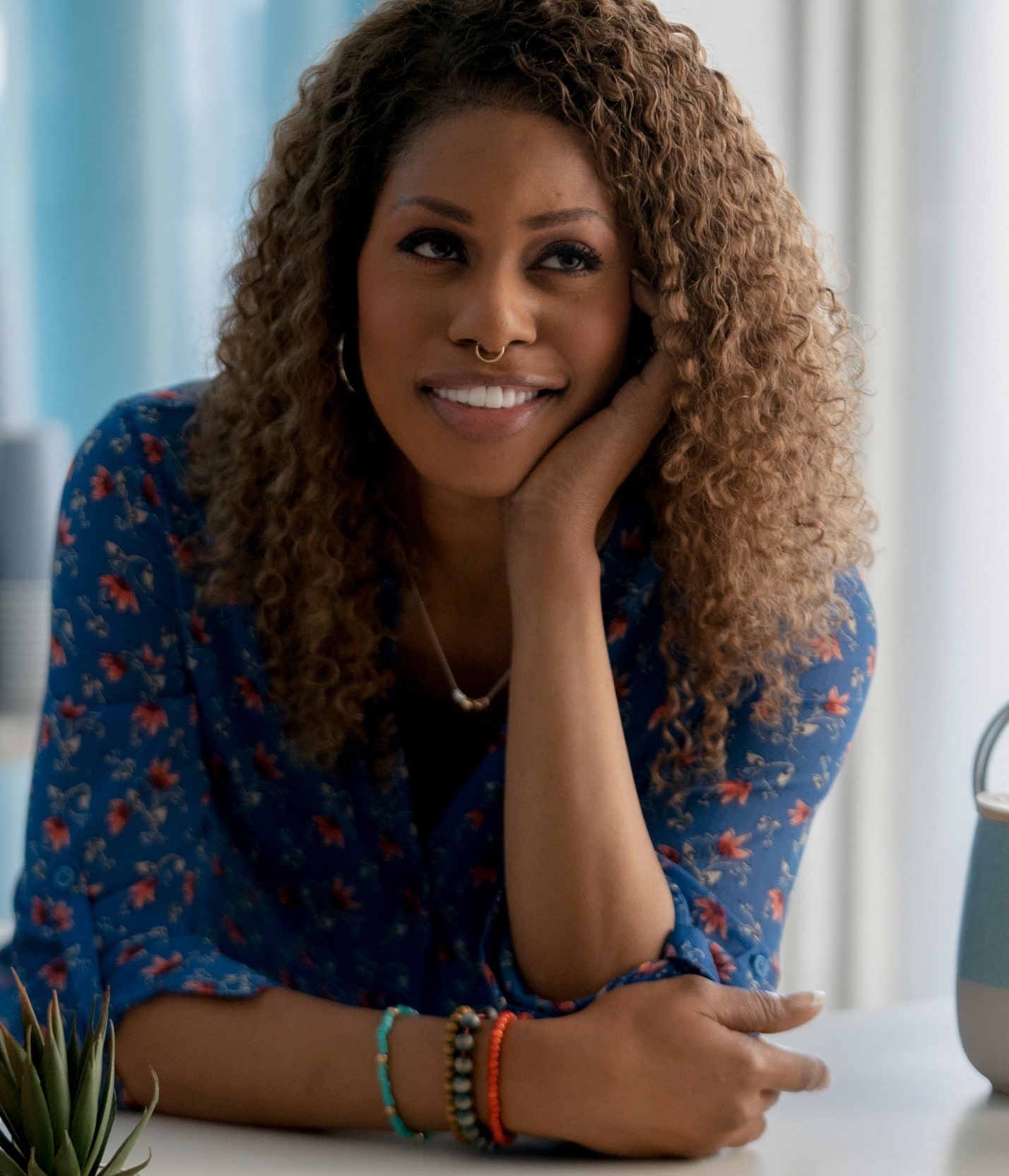
Laverne Cox as Gail in Promising Young Woman
The film is so current but also really subverts expectations, challenging not just the men who perpetrate sexual violence, but the entire system that they operate in. What was it that you found so powerful that?
I thought it was bold; I thought it was risky and edgy and challenging – it felt very, very challenging. I loved that no one is let off the hook: everyone is held to account who is complicit in the system of sexual violence against women. It felt ‘of the moment’, and it’s interesting because I know now that Emerald started writing this way before the #MeToo movement kicked into gear in 2017. She started writing this film way before that, but what I thought at the time after I read it was that this is an essential post-#MeToo movement film that will really ignite conversations. What I love about being an artist is that art can create this world that we can live in and we can talk about where there’s really accountability. What I love is that there’s accountability in this film, at the end of the day, as tragic as it is.
One of the great things that’s so subtly progressive about the film is that Gail’s gender identity is not in any way a part of her characterisation or story: Was it refreshing to be able to take on a role where you weren’t being put in the ‘transgender character’ box?
Well I’ve been very lucky that I’ve had a few of those opportunities lately. I was in a film called Bad Hair that came out [last] year where it wasn’t stated in the script whether [the character] is trans or not. So yeah, for sure. And what’s wonderful about that is that it’s a testament to Emerald and all the writers and producers, casting directors who are like ‘wait, let’s consider this actor because of their talent and because of what they can bring to the role, not because of their gender’. So I am really grateful that that wasn’t a consideration. Or maybe it was, but it’s not in the script. I have no idea what [Emerald’s] take [is] – we’ve never talked about me being trans; it’s just never come up. I spend most of my life in public talking about being trans – and I love being trans, trans is beautiful – but it’s lovely that it’s not the only thing that I have to offer, my trans-ness.
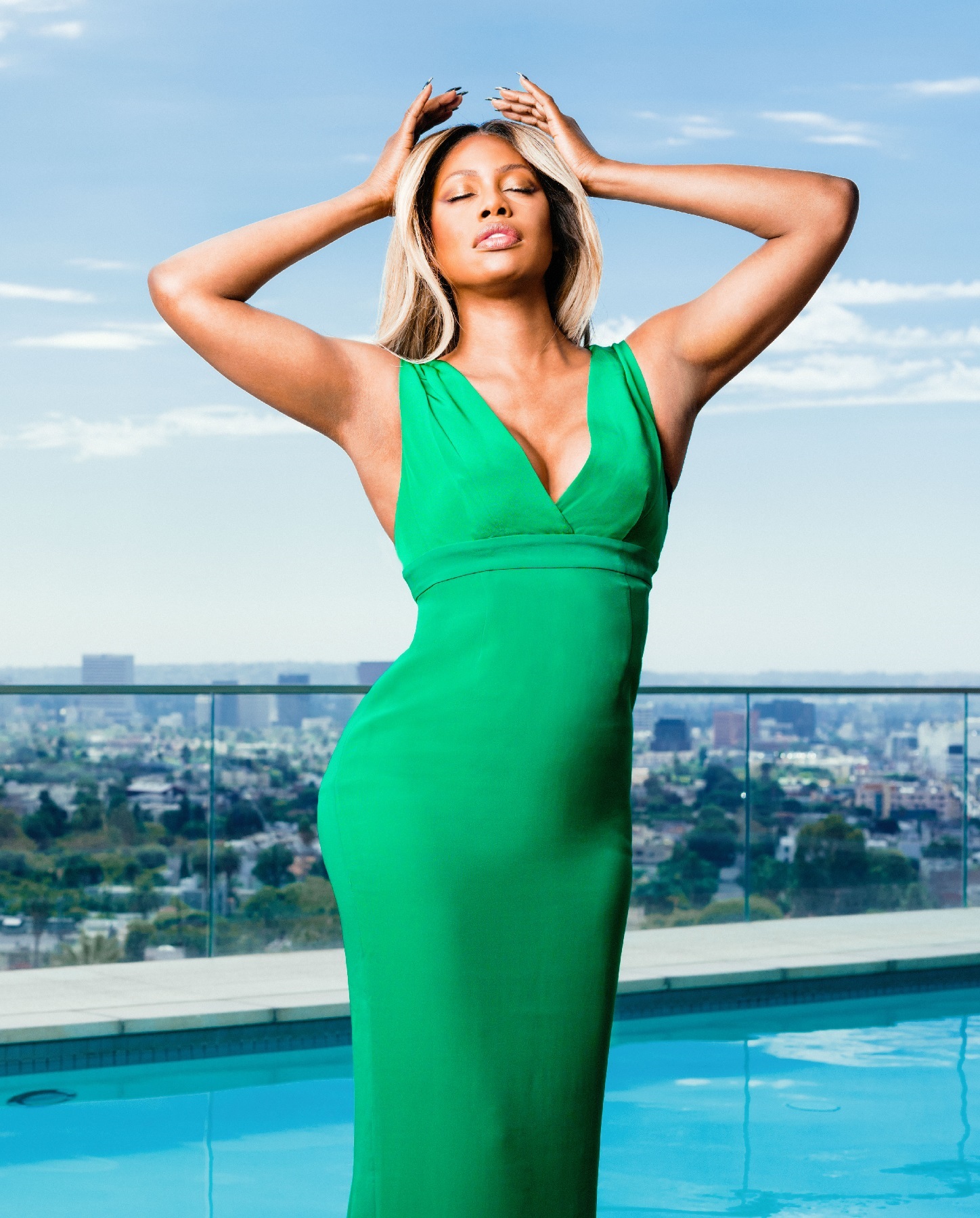
Photography: Jeff Vespa
Is that something that’s changed over the last five years or so since you really made your big breakthrough in Orange Is the New Black? Are more of those roles coming to you?
They are. You know, it’s interesting, I’m doing something with Shonda Rimes right now called Inventing Anna, which is in production now, and it’s really clear that the character is not trans because it’s a real-life human being. It’s a woman called Kacy Duke [that] I’m playing. Kacy’s definitely not trans. The real-life Kacy Duke, who’s still alive, said ‘yes’ and that’s wonderful, and Shonda said ‘yes, Laverne is the person to do this’. It’s one producer at a time, one job at a time, but I’m really grateful and I’m working really hard to show everyone that I can do a lot of different things as an artist and as an actor. I take the work very seriously. There are lots of different aspects to my ‘brand’ but acting and disappearing into character is the thing that brings me the most joy. It’s one of the most difficult things I do – I’m preparing for something now and it’s kicking me ass – but that’s why I’m here and that’s what I have to remind myself of and hopefully remind the public of.
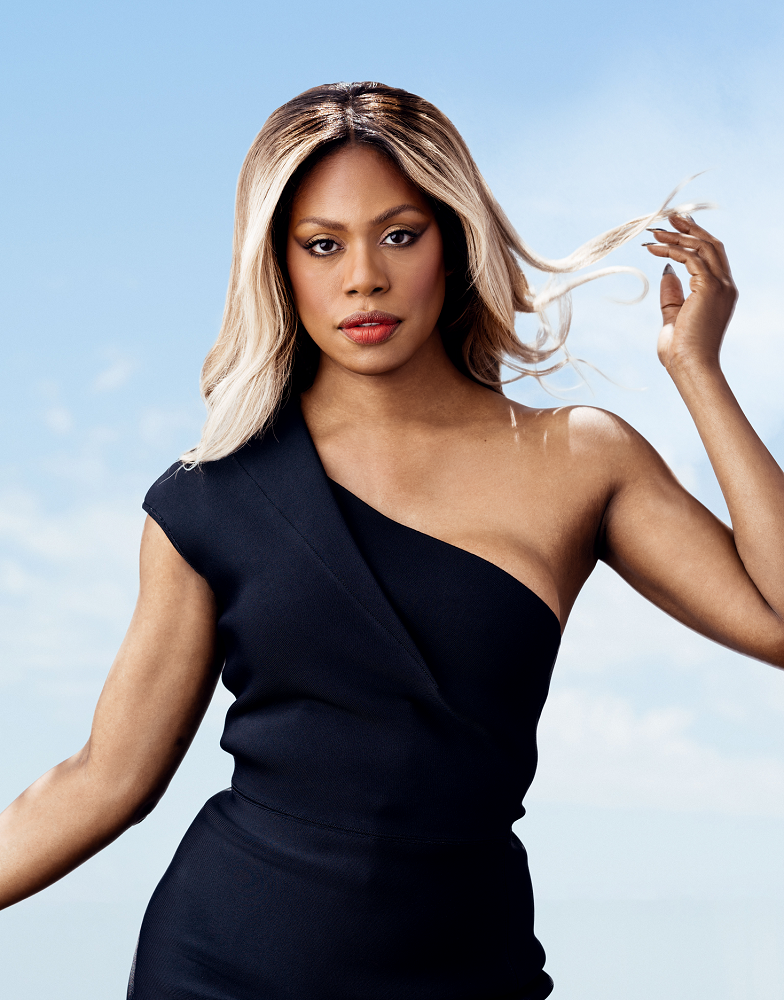
Photography: Jeff Vespa
Recently you spoke out publicly about being subjected to a transphobic attack and abuse by a man in Los Angeles. Was it important for you to speak publicly about your experience?
I’m still processing it. This just happened, this was not even two months ago this happened. I’m still processing it and it’s kind of crazy that I spoke about it right after it happened. I think I needed to do that, but right now I need to not talk about it – I need to process it more. I’m still deeply emotionally triggered by the whole thing and I’ve been talking about violence against trans women my entire public life, literally. So yeah, I don’t need to say anything more about that right now, for my own mental health.
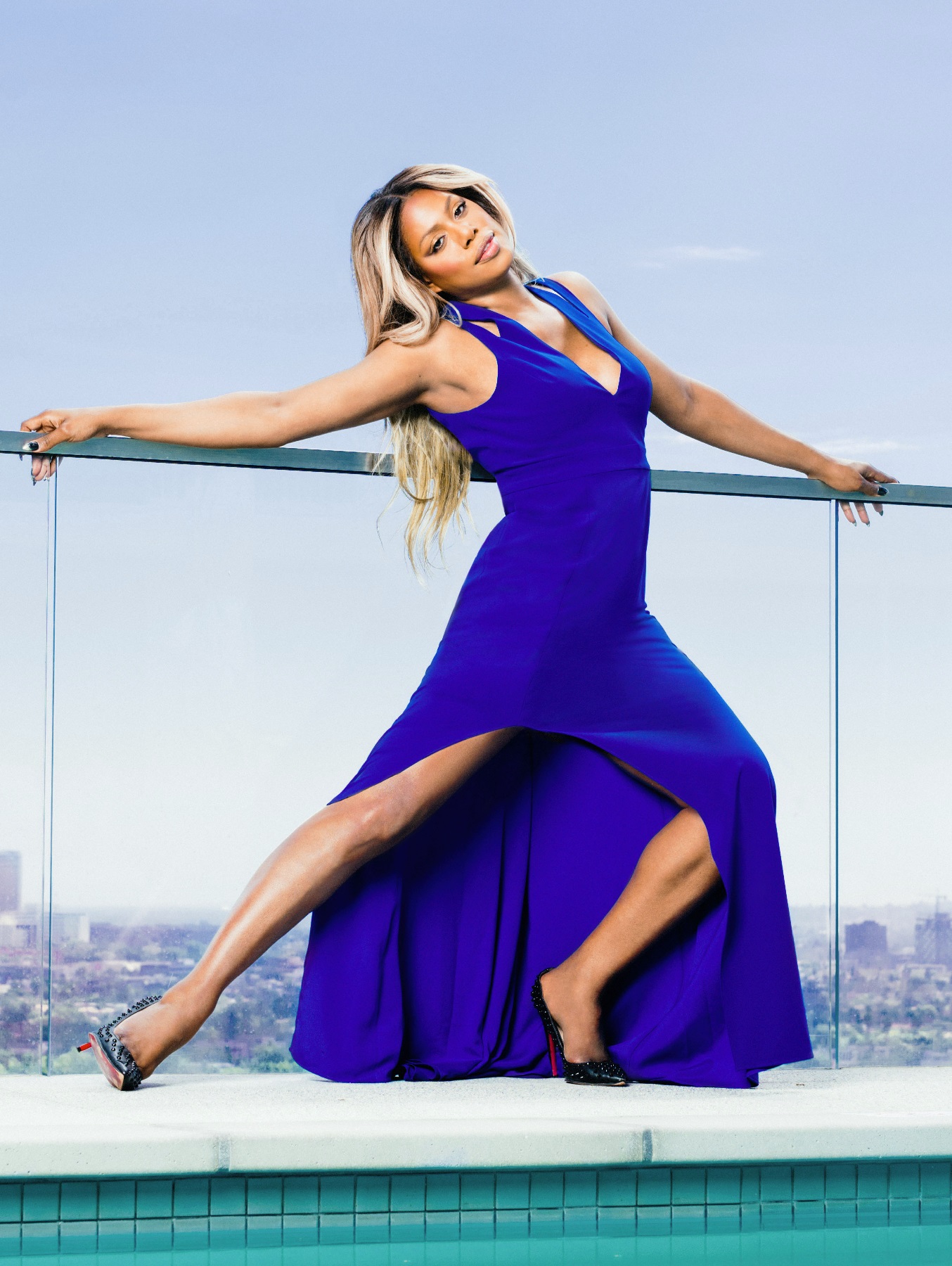
Photography: Jeff Vespa
You touched on #MeToo and the wider conversation about consent and sexual violence: Do you feel the trans community has been included enough in those conversations over the last few years?
Absolutely not. What I will say about violence against trans women is that oftentimes it happens in the context of intimate partner violence. A lot of times, the men – it’s usually the men – who’ve had some kind of sexual or romantic encounter with a trans woman are the ones who are committing violence against us. I literally just saw a statistic yesterday because I’m deep in this stuff, but 54% of trans people have experienced intimate partner abuse. 54%. So [to answer your question], not nearly enough.
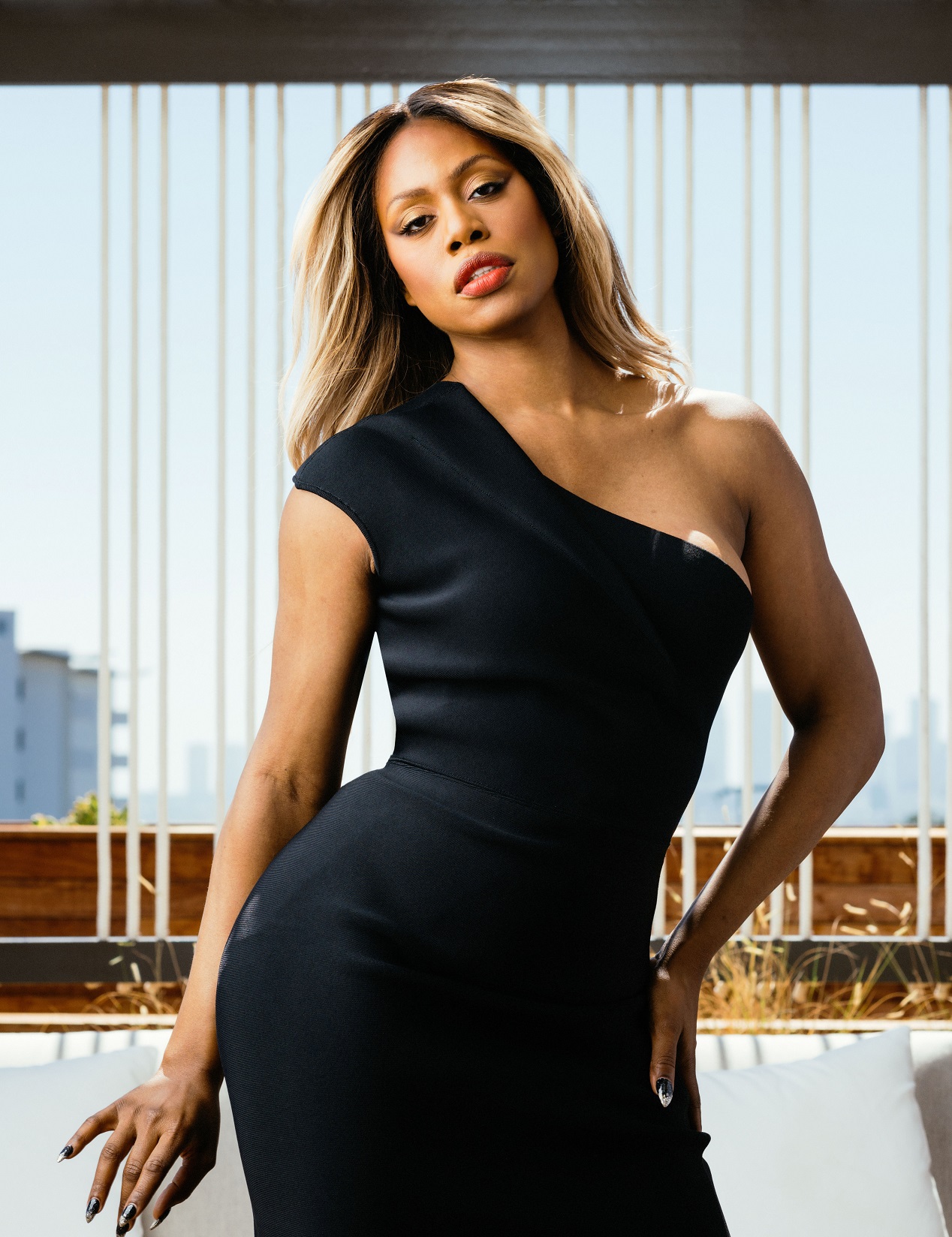
Photography: Jeff Vespa
Promising Young Woman is a film that stays with you long after the credits role. What conversations do you hope as film like this will spark, whether that’s among men, women or LGBTQ people?
It’s funny, because I’m living this. I’ve been talking about having difficult conversations across different divides for the past eight years publicly and I’m experiencing that in my own personal life right now, where I’m in some sort of ‘situation-ship’ with someone who has political views that are completely different from mine and we’ve had very uncomfortable conversations. And it’s going to be uncomfortable. But I think being willing to be uncomfortable, creating a sense of safety and trust between two people [or] among a group of people to talk about consent [and] what consent really looks like… talking with our children – to children who are male-identified but [also] all children of all genders – about what consent really looks like and what does it mean to give consent. When the #MeToo movement [started], we had all the initial thing, all the stuff that happened and all the revelations, and then we immediately got the backlash, we immediately got the backlash of ‘are they going too far? What’s really [considered] sexual assault?’ We missed the whole thing around ‘What is good sexual citizenship?’ I really love that phrase. What does that really look and feel like? I think that needs to be the conversation. And debunking a lot of what we have seen in films over the years, where it’s like ‘a woman is saying ‘No’ but she means ‘Yes’.’ That is a message that has been sent so much.
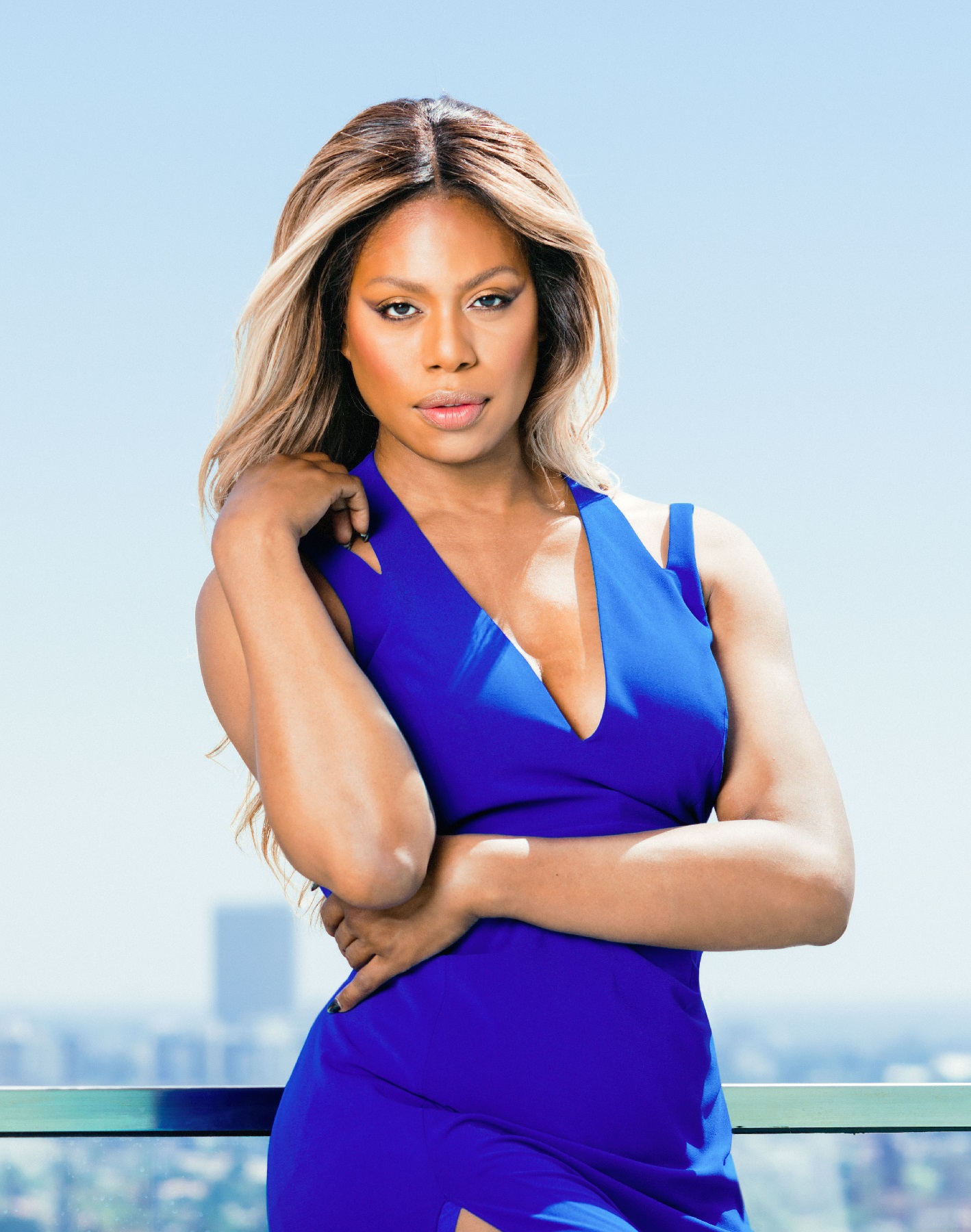
Photography: Jeff Vespa
This is Attitude magazine and I’ve been very heteronormative here, but consent is not just an issue in heterosexual relationships. I know many, many LGBTQ folks, many gay men, who have experienced sexual assault, and I think there’s issues around party drugs… I was on a date before the pandemic, I was going to meet this guy: He was already at the bar [and] he was like ‘Can I get you a drink?’ I’m like ‘No! Order when I get there’. I need to see the drink being poured. It’s kind of crazy but unfortunately, we have to be really careful about people putting things in our drinks to drug us. People of all genders, I’ve just heard horrible stories of people who’ve been drugged and sexually assaulted. And then, what is the pathology of the person who’s doing the assault? What’s going on? How do we get to those people before they become predators? I don’t know, but that’s the conversation. And that’s maybe for a psychologist…
Promising Young Woman is now available to watch in the UK on Sky Cinema and NOW.
